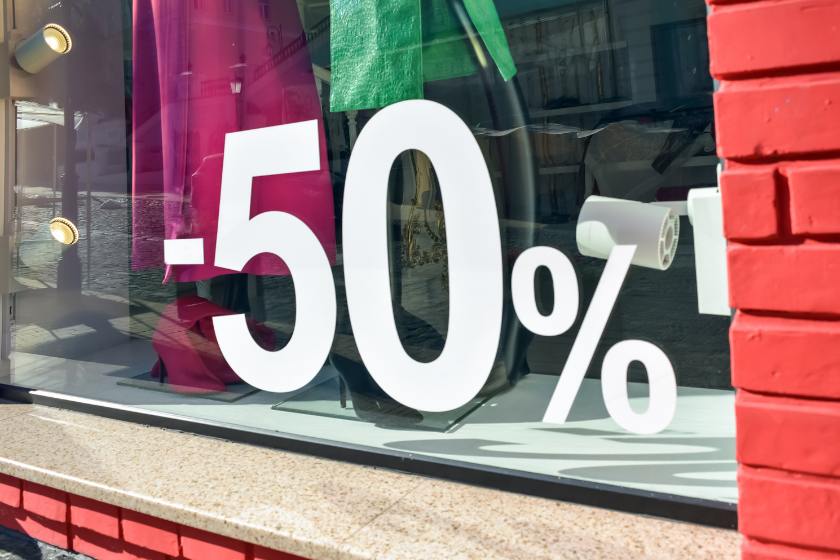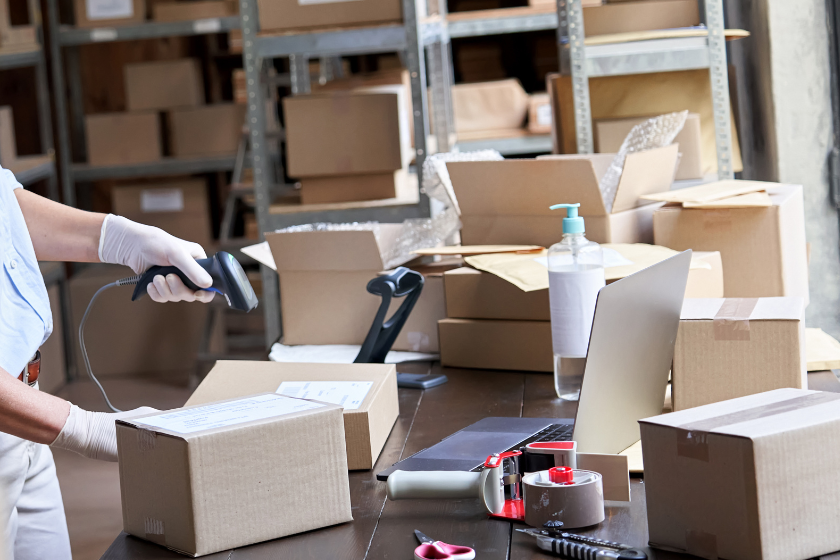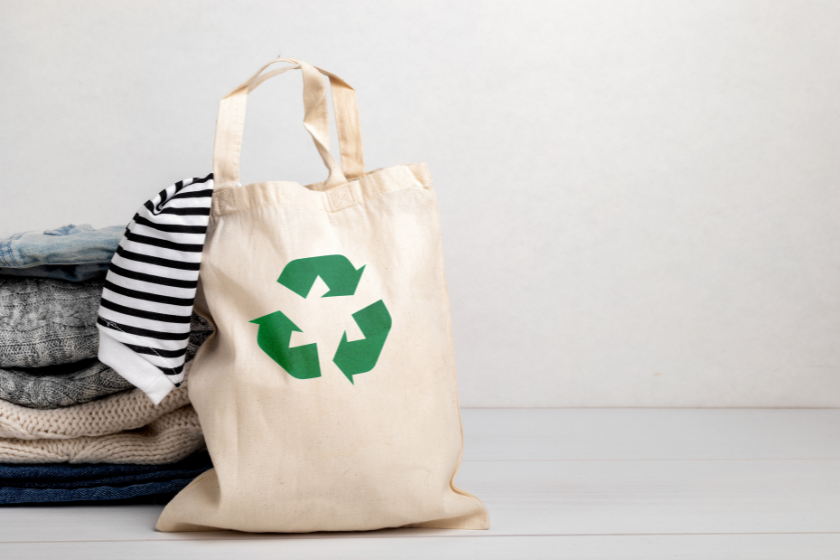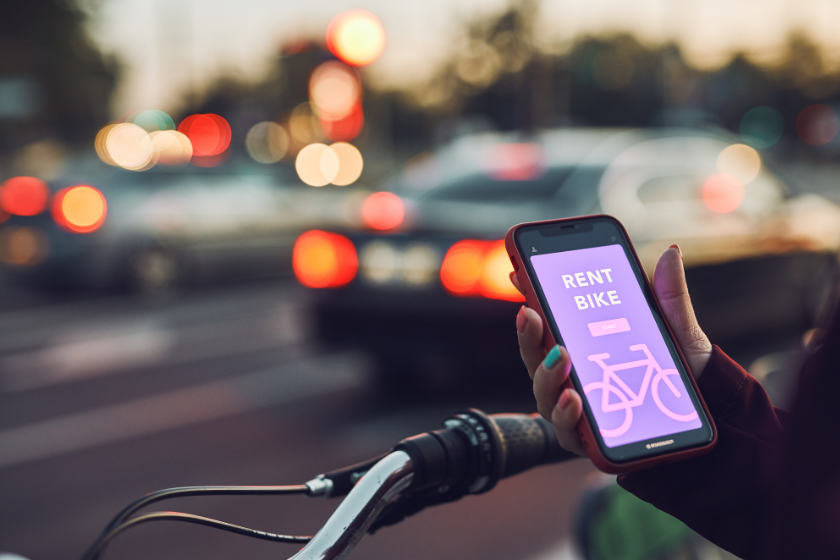Overconsumption and questionable promotions? Black Friday 2023 kicks off tomorrow. Yet according to one study, only 2% of Black Friday promos are real... The rest? They're fake price reductions.
The excitement surrounding Black Friday is understandable, especially during these times of inflation, when every opportunity to save money counts. However, behind the excitement of impulse-buying lies a reality that should not be ignored: the combination of multiple cost-traps and frenzied overconsumption can have a devastating effect on our environment.
How to avoid the traps of Black Friday
Fake promotions and marketing traps are unfortunately commonplace during the Black Friday period. Here are a few key points to keep in mind to avoid being duped:
Spot fake promotions

When you spot (overly) attractive offers, take the time to compare the prices of the products and services you want to buy, to check whether the reductions are real. Some unscrupulous retailers may inflate the reference price of a product in order to show a larger discount, which artificially accentuates the feeling of a bargain. This practice is not uncommon, even if it is illegal.
Don't succumb to the impression of urgency

Watch out for urgent messages such as countdown timers and messages urging you to “Buy Now!” Take the time to think and analyze offers to avoid impulsive decisions. Beware of statements like "Only 10 minutes left to take advantage of this price", or "20 other people are looking at this item"!
Beware of dropshipping

The aim of dropshipping (when you sell something that you don’t actually have in stock yourself - the order is sent to another company to ship the goods to you) is simple: buy in large quantities from export giants such as China's Aliexpress or Amazon, and resell it at between 5 and 20 times the original price. This concept makes it easy to make margins and to entice customers to buy by offering particularly tempting promotions. And watch out for greenwashing, which is when companies play up their green credentials without proof! There are many brands offering supposedly eco-friendly products who use this method.
Travel with HomeExchange“The BISOU method”: a foolproof way to take a step back and avoid impulse buying
The French have come up with “the BISOU method”, where “bisou” means “kiss”. This is an effective way of combating overconsumption, by posing five essential questions before making a purchase. These questions will help you consume more thoughtfully and avoid impulse purchases.
“Besoin (B)” - Need: You should determine whether a purchase addresses a real need. Often, our purchases are driven by hidden needs, such as the need for admiration, comfort, or change. Identifying these hidden needs helps us to better understand our buying motivations.
“Immédiat (I)” - Immediate: You have to ask yourself if the purchase is immediately necessary. Sometimes, it is better to wait and see if the purchase is really necessary. Better yet, wait a few days before buying (or not buying) something.
“Semblable (S)” - Comparable: Before buying, it is important to check whether you already own a similar item. Often, we have a tendency to buy new products when we already have something that does the same thing.
“Origine (O)” - Source: Where does this product come from? Has it been created under conditions that you’re OK with (poor working conditions for the producer, bad for health or the environment etc.)?
“Utile (U)” - Usefulness: Finally, you need to think about whether this product will be useful and how often it will be used. Will it bring essential comfort to my daily life? How did I manage without it before?
If the BISOU method works for you, it also works for gifts for your loved ones. Before you buy a magnificent coffee set at 50% off for your grandma, ask yourself whether she really needs it when she already has 3 porcelain sets…
What are the alternatives to Black Friday?
Buy second-hand or repair

Even if you don’t see this idea in the BISOU method, it’s worth mentioning that, wherever possible, it’s best to buy from a second-hand site or repair an item you already have! Just take a look at Vinted, eBay, Poshmark, OfferUp, Facebook Marketplace…and all the brands that promote refurbishing and repairing!
Look at rental options

We are witnessing a major transformation: the shift from an economy of possession to an economy of functionality, focused on the provision of services and solutions rather than the sale of products. Crucially, some companies have a vested interest in extending the life of their products, contrary to what we often see today. So why not take advantage of Black Friday to consider a rental service for clothes, bicycles, DIY tools, or even smartphones?
Indulge in experiences

Cheap jewelry, old-fashioned clothes, musky perfumes - what if the best way to avoid overconsumption was to enjoy experiences (theaters, restaurants, workshops, concerts) rather than buying your umpteenth scarf?
Conclusion
We hope we've given you a few tips to avoid the traps of Black Friday, and to make informed choices so that you can avoid adding to the ever-growing issue of overconsumption.
At HomeExchange, we strive to do our part by:
- raising our community's awareness of Black Friday issues
- donating 10% of our sales on 24 November to four social and environmental associations
- participating in national food drives organized on November 24 (the only time when overconsumption is encouraged :)).
Hopefully, if you choose to buy this Black Friday, it will at least be in an enlightened way! Any other tips you'd like to share? Don't hesitate to post your recommendations on our Facebook group!
Learn More About HomeExchange